Ecology and Natural Resource Development in the Western Highlands of Cameroon: Issues in Natural Resource Management
The densely populated Bamenda Highlands of Cameroon remains one of the regions with the greatest land degradation problems in the country. Factors responsible for this include climate change, the hilly nature or topographic layout of the land, and human interference through overgrazing, destructive agricultural practices and the impact of deforestation. This detailed study of resource management and its ecological challenges in the Bamenda Highlands, stresses an important link between falling food output and soil deterioration. While most areas in this predominantly agricultural region enjoy food abundance, the inhabitants of high-density infertile, rugged mountainous areas are forced to resort to double cropping and intensified land exploitation that leave little room for soil regeneration. The population problem in relation to land degradation is infinitely more complicated than the region's sheer ability to produce enough food supply. The authors make a strong case for a delicate balance between human agency and environmental protection in this highly populated and physically challenging region where land is a precious resource and land conflicts are common.
{{comment.content}}

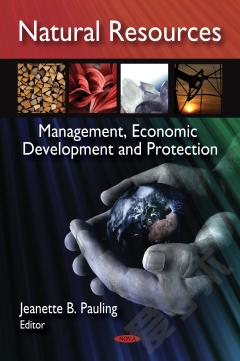
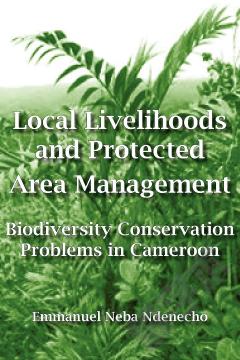
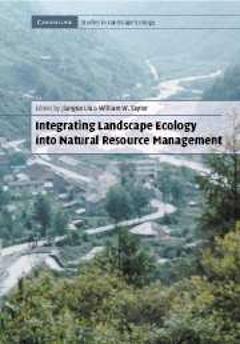
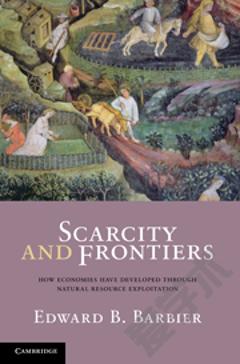
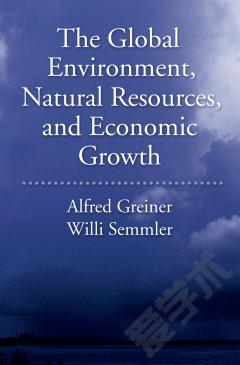


 京公网安备 11010802027623号
京公网安备 11010802027623号